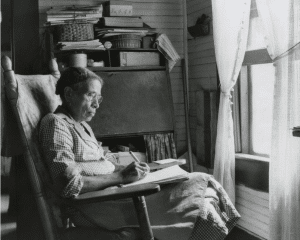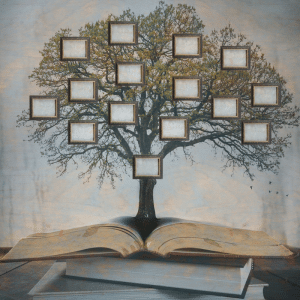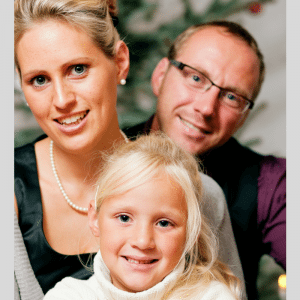Writing for Posterity
Have you ever told someone older than you that they should write down the story of their lives only to hear, “oh, no one wants to read about that”. Perhaps they do not believe that their lives are as exciting as what they’ve read in fictional novels so it is not worth putting on paper. Perhaps they are overwhelmed by the enormity of the task or the mechanics of the process. Perhaps they do not know how to treat sensitive subjects with the attention and dignity they deserve, & so they do not begin. You can do your best to talk them into writing things down, or you can offer to help, but if they are not willing, there is not much you can do to bring it forth. On the other hand, writing your story for your family or future generations is something that you have control over. You may have the same reservations that they do. If, however, you’ve ever read an immigrant’s story or even the writings of Laura Ingalls Wilder, you know the importance of having a record of the sum of ordinary days. What seems ordinary to those of us living today may give great insight to future generations that will help them move forward.
Where should you start? That depends much on the type of life you’ve lived. If you’ve lived in one location for the entirety of life, you may want to break up your book into time periods or periods in which you had different careers. If you moved often, you could break up your book according to geographic locations in which you lived. Whichever way you decide to divide the story of your life, it is helpful to divide it up so that you can focus on one area at a time. That focus will help you to be able to move forward or even jump between divisions easily if you would like to prioritize what you’d like to include. For instance, if you’re writing about your early childhood & suddenly remember something important that you’d like to include from your college years, you can just add an extra sheet to the college years and then return to the time period you were working on.
How should I write? People go about the writing process in several different ways. Some people find it helpful to write on paper before typing it out. Others type directly into a word processing program (or even on a typewriter). Still others speak into a recording device and write or type from that dictation. It does not matter which procedure you choose, as long as you are making progress toward your goal of writing.
How to deal with sensitive subjects? If you have difficult or sensitive topics that are influential in your own history, be sure to think through how you will deal with them. If it involves another person(s) that are still living, be sure to get their permission before naming them in your writing. Think about how you’d like another to treat you in their writing if you were in opposite circumstances. If you are still struggling with healing from something difficult, leave this section empty until you have healed. What you have to say will be much more beneficial to future generations if it is not coming from a place of bitterness. If there are health issues that need to be addressed or revealed, be sure to include them. Even if it doesn’t make a difference to you whether you had a particular kind of cancer or not, it could be helpful for those who come after you to have that information so they have a better chance of preventing it or fighting it. If you found something helpful in combatting a particular disease or even a certain temperament with which you struggle, be sure to include it. It may be a relief to those who come after you to have a personal story to draw from as they fight against those things.
Some people will only pass their writings on to their children or grandchildren. Others will go on to publish their work for the public to read. Whichever way you decide, be sure to include some photographs, letters or other supporting documents that you have for your work. If you quote anyone, give credit. It does not have to be perfect to be helpful. Sometimes people write their stories and family members or professionals edit their work and decide for them whether it should be published at a future date. Whichever way you decide, begin today to set down your story for posterity!



